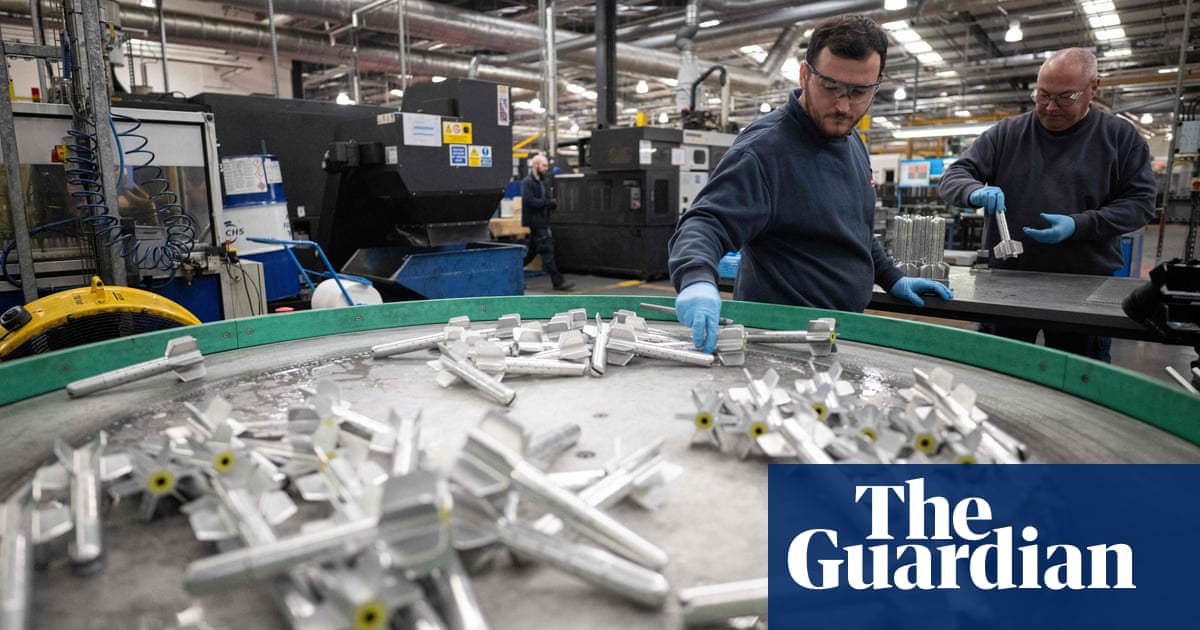Britain will increase weapons production to reduce reliance on U.S. and France imports | Defense Policy

The UK will significantly increase its weapons production so that it no longer relies on imports from the United States and France.
This is because British and European defence companies no longer buy American-made weapons and equipment because of concerns about President Donald Trump that make the country an unreliable military partner.
Report first eraUK Defense BAE Systems has been developing new methods to produce enough explosives and propellants in the UK to meet the Ministry of Defense’s export and export requirements.
One of the ways the company is the largest defense contractor in Europe is to do so by producing RDX explosives in the UK, which is used in the 155mm round for British Army guns and weapons. It will also seek to build three new sites to increase “resilience and support our upgrades to critical ammunition production.”
Defense Secretary John Healey said the Defense Department “is the basis of our ability to fight and win on the battlefield.”
“Strengthening local artillery production is an important step in learning lessons from Ukraine, enhancing our industrial resilience and making defense an engine of growth,” he said.
BAE Systems said it has developed new ways to create new weapons, describing it as an “innovative” way to meet demand while eliminating the demand for nitrocellulose and nitroglycerin that has high demand for global supply chains.
Previously, the company imported RDX explosives from two main sources in the United States and France. However, it wants to be in a place that is considered “no itar”, which means it can be purchased and sold without any Restrictions from the United States.
Steve Cardew, Business Development Director for Maritime and Land Defense Solutions at BAE Systems, said: “Our leap in synthetic energy and propellant manufacturing will enhance the resilience of the UK’s supply chain and support our gradual increase in critical munition production to meet growing demand for an increasingly uncertain world.
“It also supports economic growth through highly skilled jobs and potential export opportunities.”



